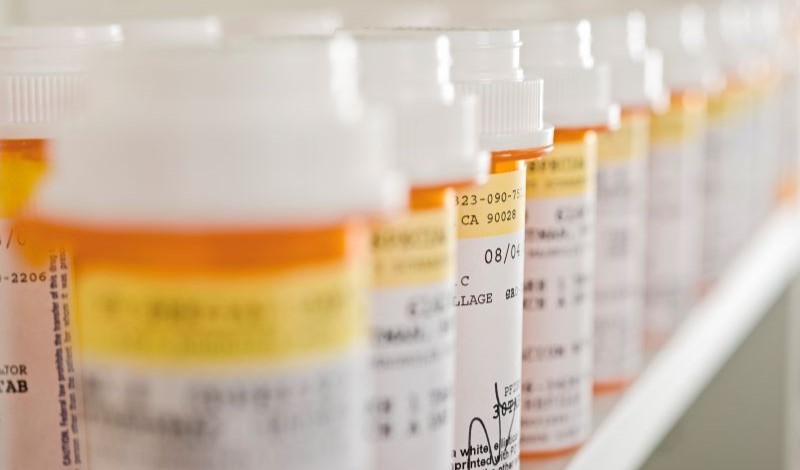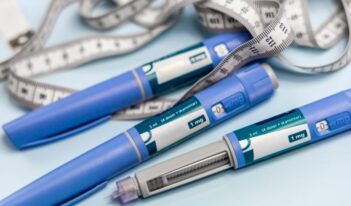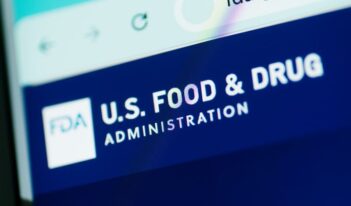
Personal importation is the fastest route to “most-favored-nation” drug pricing.
Branded as “delivering” a “most-favored-nation” (MFN) pricing policy, President Donald J. Trump’s May 12 executive order put drug companies on notice: Lower your prices to match those in other wealthy countries, or face regulatory consequences. Brand-name drugs in the United States are, on average, more than four times higher than those in other high-income countries, according to a 2024 study. Those lower prices are the result of centralized negotiations, price ceilings, and reference pricing in European and other wealthy countries.
The executive order gave the Secretary of the U.S. Department Health and Human Services (HHS), in coordination with other White House officials and federal agencies, 30 days to identify and communicate MFN prices to drug manufacturers. The order warned of six executive actions if drug manufacturers do not make “significant progress” towards MFN drug pricing for American patients. Those actions are: rulemaking to implement MFN pricing, antitrust enforcement, diplomatic pressure on foreign governments to raise their prices, possible withdrawal of market approval, a review of causes of global price discrimination, and personal importation of prescription drugs.
Of these, only personal importation is permitted by executive authority, without rulemaking, under the Federal Food, Drug, and Cosmetic Act (FDCA), and would directly empower Americans to access lower drug prices. For clarity: Personal importation is the non-commercial practice of individuals filling valid prescriptions at pharmacies outside the United States—either while traveling or through international mail order—for personal use. Forcing drug manufacturers to lower their prices to match foreign markets is harder than opening a new regulatory window for American patients to access those markets directly.
Although the executive order uses “most-favored-nation” language to project a strong stance on international price disparities, it offers little in terms of legally grounded, actionable policy—except in one area. Embedded within the list of enforcement options is a statutory mechanism that has been largely overlooked: the authority under the FDCA to permit personal drug importation through discretionary waivers. Subsection 804(j)(2) of the statute allows waivers “by regulation or on a case-by-case basis.” The latter waivers, by definition, require no rulemaking. Subsection 804(j)(2) gives the Secretary of HHS discretion to approve such waivers “under such conditions as the Secretary determines to be appropriate.” It offers the clearest path available for aligning U.S. drug prices with those in other high-income countries—not through pressure on manufacturers but by empowering patients to access the same medicines at lower global prices.
More broadly, Section 804 of the Act is best known for authorizing wholesale importation of prescription drugs from Canada, contingent on a formal certification and rulemaking process. That pathway culminated in a rule by the U.S. Food and Drug Administration (FDA) in October 2020 and certification by the Secretary of HHS. Several states passed laws to take advantage of this pathway, and FDA recently approved Florida’s importation plan. Yet no program has launched. It is unclear why Florida’s program has yet to launch, and the state has remained quiet on the subject. The biggest obstacle, however, is probably Canada’s concerns about drug shortages and its regulatory response to limit exportation. Indeed, Canada’s comparatively small population and drug supply make it an unsustainable long-term source for large-scale U.S. importation.
In contrast, the personal importation subsection 804(j)(2) is not limited to Canada and can be implemented without rulemaking. The Secretary of HHS could authorize imports from high-income countries with strong pharmaceutical regulations, such as those in the European Union, which not only offer lower prices but also have rigorous safety systems and a pharmaceutical supply chain larger than that of the United States.
About 2.3 million patients in the United States already import drugs for personal use each year, a practice long tolerated even when technically illegal. Notably, personal drug importation also has support under current law. Section 804(j)(1) also states that the Secretary of HHS “should” use enforcement discretion to permit prescription drug imports for personal use that are not an “unreasonable risk” to the patient.
Accordingly, physicians and health experts recently recommended that patients use verified international online pharmacies—such as those accredited by PharmacyChecker, a platform I co-founded and was president of until 2023—if personally importing lower-cost medications.
FDA’s public guidance continues to warn that, “under most circumstances,” importing drugs for personal use is unlawful, primarily because many imported drugs “often have not been approved” by FDA. Yet, this cautionary language coexists with the statutory framework, which presents a different picture.
The United States already imports the vast majority of its prescription drugs and not just generic drugs from India and China. Approximately 85 percent of brand-name pharmaceuticals dispensed in the United States are manufactured overseas, with Europe supplying the largest share. These unambiguously lawful drug imports are governed by the FDCA, which prohibits the reimportation of U.S.-made drugs except by drug manufacturers. Less known is that section 801 of the FDCA restricts the importation of foreign-made, FDA-approved drugs for “commercial use” unless the manufacturer itself authorizes the import. Critically, the statute does not prohibit the importation of such drugs for personal use, leaving a narrow opening for individuals. Still, drug labeling and regulatory requirements make it extremely difficult for patients to navigate lawful personal importation on their own, even when the law allows it.
Consequently, although personal importation remains a critical option for many Americans facing high drug prices, the current system operates in a state of legal limbo and unpredictability. For instance, FDA occasionally detains and destroys imported personal drug shipments, although the majority of such imports do reach patients.
Creating a waiver-based personal importation program under section 804(j)(2) would legalize and streamline more access to affordable medications for patients, particularly the uninsured and underinsured.
The basics of such a waiver program would entail patients or their physicians submitting waiver requests through a secure FDA portal, along with prescriptions and medical justification. Waivers would be limited to FDA-approved drugs or their verified foreign approved equivalents from jurisdictions with regulatory systems comparable to or stronger than FDA’s, such as the EU’s system.
President Trump’s MFN policy may be more aspirational than actionable in most respects. But by operationalizing a waiver program under section 804 of the FDCA, safe personal importation could be expanded, giving Americans more immediate and direct access to MFN drug pricing.




